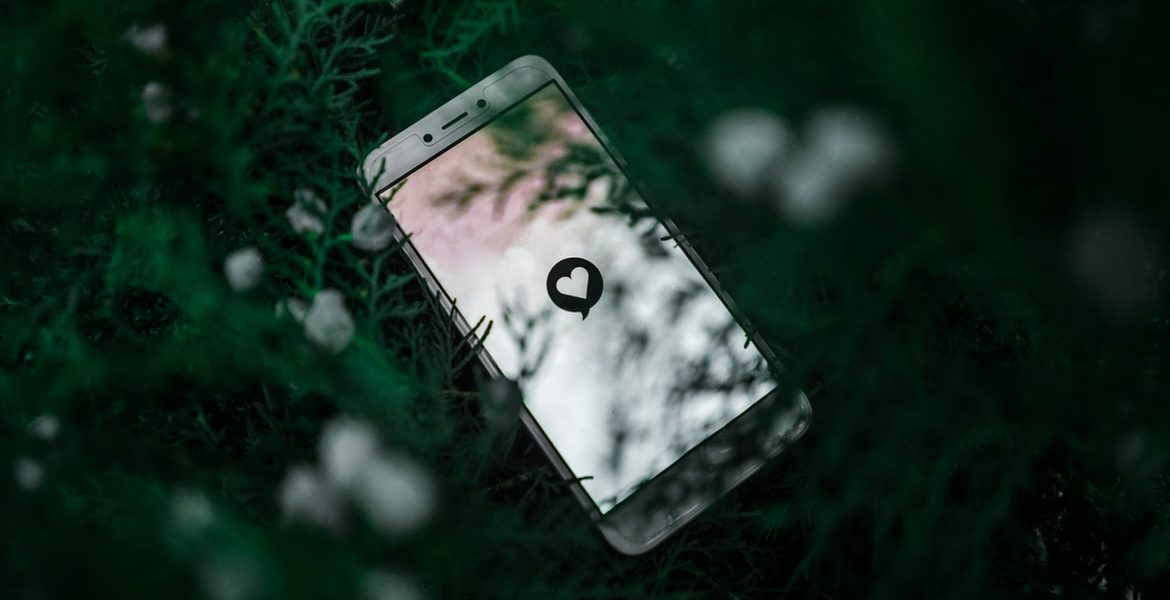It’s February and love is in the air, but that’s not the only place it’s lurking. It’s everywhere: on the billboards, on the tube platform, on the bus stop, on the YouTube ads and it wants – really wants – to be on our phones. Given the season, and with an eye on how people will be interacting online and in-person after emerging from lockdowns, it’s worth a look at how dating apps are evolving.
Tinder completely changed the face of online dating, and brands like Bumble and Hinge have invested enormous time and money into making dating apps a credible place to find your next date (if not the love of your life). And yet the dating app market, young though it is, has already begun to feel a little stale. For many young people, dating apps don’t feel new anymore, and new entrants are targeting all kinds of niches to shoot their way up the app store rankings.
This week, just in time for Valentine’s Day, Bumble announced its first acquisition. Bumble – the female-founded dating app where women make the first move – has scooped up quirky French brand Fruitz, a dating app popular with Gen Z which allows users to convey their dating preferences through four fruit metaphors. If you’ve never wondered whether you’re a cherry, grape, watermelon, or peach when it comes to dating, then now’s the time to start.
Whacky though it may sound, Fruitz is far from the only quirky upstart in the market. Recent entrants include The Sauce, who are committed to ‘making dating less dry’ with profiles made up of videos, and Thursdays, a dating app only open one day a week, who run Members-only in-person events to bring people together in the real world.
To continue growing amid an increasingly crowded market, dating apps need to find fresh ways to stand out, attract new users, and keep hold of existing users with enjoyable, rewarding experiences.
Hinge has recently added a voice note function – what other product features should brands consider to add energy, humour, and authenticity? Is there a greater role dating apps can play in helping people get to know each other through hybrid experiences – like adding app functionality that guides the date itself, or bridging the gap between online and offline through branded events? Or can they pivot to platonic or career-oriented relationships (like Bumble has done) as a way of extending their utility?
The future of relationships might not be completely digital, but due to the evolution of the technologies involved, and a mass-market more comfortable using them after periods of social distancing, it’s definitely going to be digitally enabled and digitally enhanced. Just as the explosion of conversation around the metaverse has invited a whole host of strategic questions for brands eager to conquer the space, dating apps and others who seek to bridge the digital experience with the real world have a lot to chew on.


